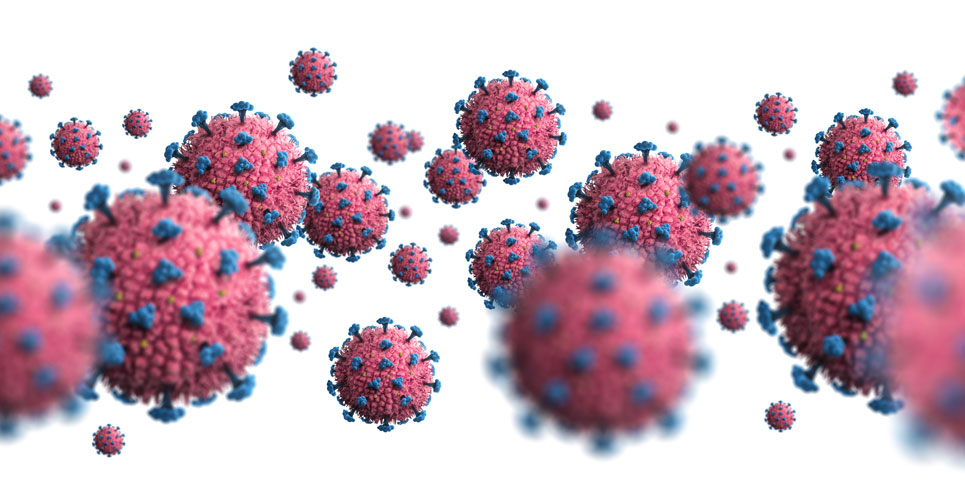While laboratory COVID-19 tests based on real-time polymerase chain reactions (RT-PCR) have become the norm, an alternative technology using a simple, hand-held device could soon become a replacement.
The RT-PCR test for COVID-19 has become widely accepted as the gold standard. However, RT-PCR testing is time-consuming and involves a multistep sample preparation process that can take several hours. Although more recently, lateral flow antigen testing has become available, a Cochrane review concluded that these tests vary in sensitivity and that this is highest only during the first week of illness. Hence there a need for rapid, simple and accurate, point-of-care tests to enable the diagnosis of COVID-19. This led a team from the Machine Biology Group, University of Pennsylvania, US to explore a different approach to testing for COVID-19. The group have described the development of a test which they termed, Real-time Accurate Portable Impedimetric Detection (RAPID). The test itself uses electrochemical impedance spectroscopy which detects the selective interaction between the binding of the angiotensin converting enzyme 2 (ACE2) and the COVID-19 spike protein. ACE2 is immobilised on an electrode surface and the binding with COVID-19 causes a change in electron transfer kinetics between a ferricyanide/ferrocyanide reaction in solution and a conducting electrode. This electrochemical change is then detected and correlated with the number of COVID-19 targets bound to ACE2. The sensitivity of the method therefore relies heavily on the recognition of the immobilised ACE2 by the spike protein of COVID-19.
Findings
In testing the device, the authors used 139 nasopharyngeal blinded swabs obtained from patients, of which 109 were positive (as determined by RT-PCR). The RAPID test demonstrated a sensitivity of 83.5%, a specificity of 100% and an accuracy of 87.1%. These 139 clinical samples also included a case of the COVID-19 variant, B.1.1.7, thus demonstrating that the RAPID test was still likely to identify other variants. In addition, the authors tested the ability of RAPID to identify COVID-19 from 50 saliva samples and the corresponding sensitivity, specificity and accuracy was 100%, 86.5% and 90% respectively. Interestingly, RAPID was able to identify as positive, two saliva samples erroneously classed as negative after a RT-PCR test.
In discussing their test, the authors noted that RAPID was an inexpensive (costing less than $5 to produce), highly sensitive method that produced results within 4 minutes and was highly scalable. Moreover, it was able to use either nasopharyngeal swab or saliva samples without the need for pre-treatment and with an incubation time of only 2 minutes. The testing platform was also able be multiplexed to detect other micro-organisms such as bacteria and fungi and the output could be read by either a smart device or telemedicine platform, making it easier to be used in a range of settings.
Citation
Torres MDT et al. Low-cost Biosensor for Rapid Detection of SARS-CoV-2 at the Point-of-Care. Matter 2021

